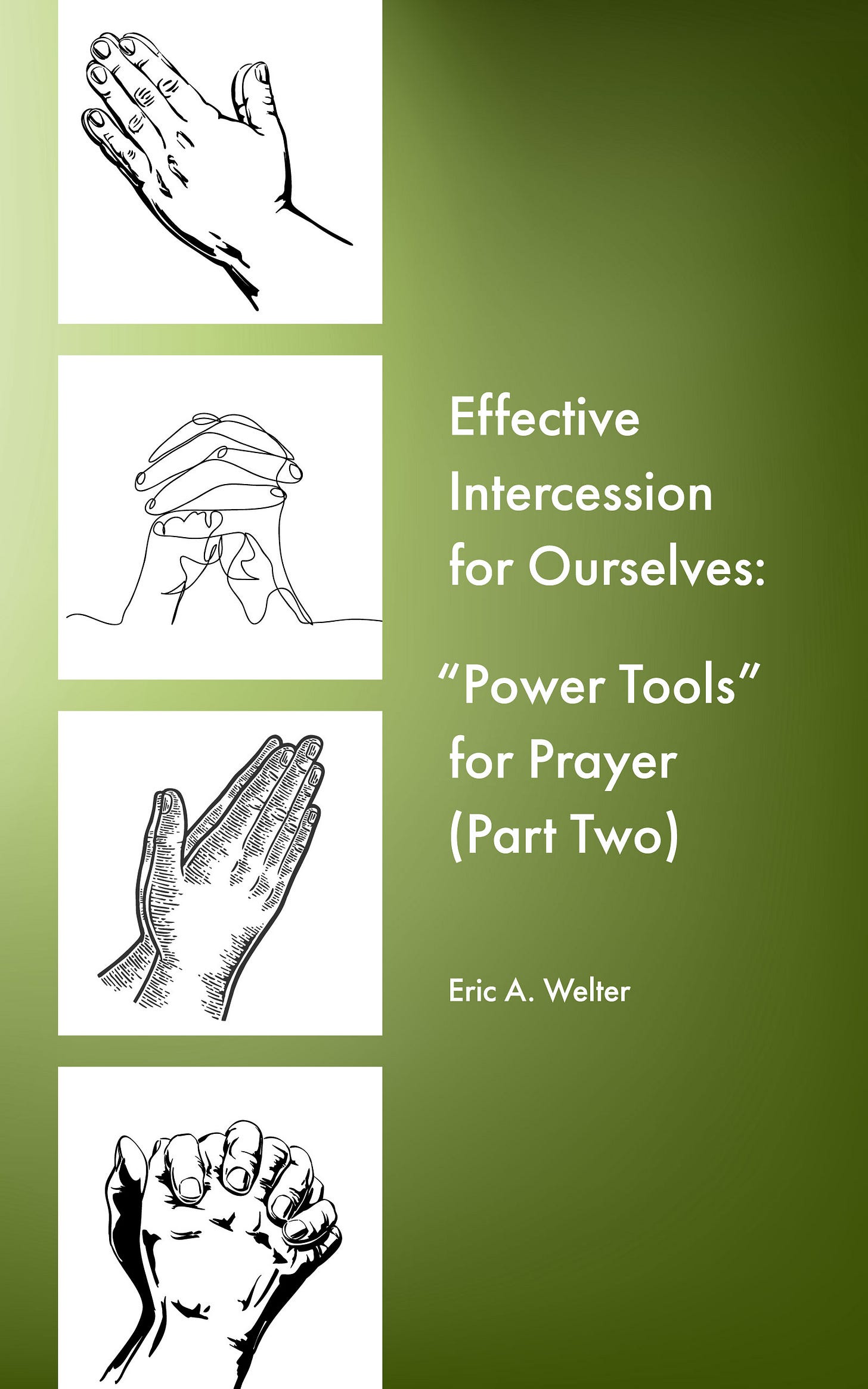The Fig Tree
Winter was slow in arriving this year, but it came in with a bang this week. Cold and plenty of snow. Given the weather forecast of this coming storm, I knew last weekend would be my last chance to finish winterizing the garden. The main thing was to wrap the fig tree in burlap. I also wanted to cover the strawberry plants with straw.
The fig tree has been an interesting project. We planted the tree a few years ago. It sits next to a small mound upon which we placed a statue of St. Joseph. We picked out a variety that was cold hardy and supposed to survive winter. The tree seemed to survive the first summer well. Our main concern was ensuring sufficient water to get the roots established.
The following spring, the fig tree appeared entirely dead. No buds emerged on the branches. As the weather warmed up, however, new growth began coming up from the ground. We nurtured the tree the entire year hoping for a better winter. The following spring, the tree was dead again!
After some research, we concluded that wrapping the tree in burlap would help shield it from the harshest cold. We tried it, and this spring the tree was alive! It yielded ONE fig this year. The good news was that it was a real fig. It was delicious.
This winter, I delayed wrapping the tree given other commitments. Last weekend was my last chance before the real cold and snow set in. We went out and wrapped the fig tree up. I also managed to lay down a bed of straw over my strawberry plants, which worked well last winter. We will see in the spring how everything goes. Hopefully we get more than one fig next year!
Working with my low yielding fig tree reminded me of the short parable in the Gospel of St. Luke about the barren fig tree.
The Parable of the Barren Fig Tree
And [Jesus] told this parable: “A man had a fig tree planted in his vineyard; and he came seeking fruit on it and found none. And he said to the vinedresser, ‘Lo, these three years I have come seeking fruit on this fig tree, and I find none. Cut it down; why should it use up the ground?’ And he answered him, ‘Let it alone, sir, this year also, till I dig about it and put on manure. And if it bears fruit next year, well and good; but if not, you can cut it down.’”1
One way to look at this parable is to see your soul as God’s fig tree.2 In His infinite wisdom, God the Father has planted you right where you find yourself. He has given you a specific place in time and history to exist. There are duties associated with your particular state in life and your circumstances. God has given you the assignment to tend to the health and growth of your soul with the goal of bearing the fruit of good works.3 Only the Lord knows how much time we have been given in this life to do so.4
We see this modeled in St. Joseph. The Bible tells us that St. Joseph was “a just man.”5 He was righteous, a man of sterling character.6 The circumstances described in the Bible suggest that St. Joseph must have been living a prayerful life in God. Unlike other people in the Old Testament who received symbolic or figurative messages from the Lord in their dreams, the Lord spoke directly to St. Joseph in his dreams. This speaks strongly of the purity of heart that St. Joseph maintained. Jesus tells us, “Blessed are the pure of heart, for they shall see God.”7 Furthermore, St. Joseph’s prayer life enabled him to recognize and discern the dreams as coming from the Lord. He was obedient and promptly obeyed their instructions.8
The first dream, in which the angel of the Lord told Joseph to take Mary as his wife, resulted in Jesus having a royal lineage in the line of King David. The second dream, in which the angel of the Lord told Joseph to take his family and flee to Egypt, resulted in saving the infant Jesus from the slaughter by Herod of all male children under the age of two in the area of Bethlehem. The third dream, in which Joseph was told to take his family home after Herod died, fulfilled the prophecy that the Son of God would be called out of Egypt. A fourth dream led Joseph to settle in Nazareth. The choice of Nazareth likewise fulfilled a prophecy about the Messiah—he would be called a Nazarene. Each of these events bore good fruit for not only St. Joseph but also for humanity.
St. Joseph shows us that our prayer life, the inner state of our soul, the sincerity of our repentance, our conformity to Christ, our pursuit of holiness and the practice of the virtues can have a far-reaching effect on the world around us. You can make an impact in the world because you have the Holy Spirit living within you. This is what St. Seraphim of Sarov was getting at when he said: “Acquire the Spirit of Peace and a thousand souls around you will be saved.”
Our statue of St. Joseph over-looking the fig tree shows him holding a lantern, leading the way. Let us look to his example and pray for his intercession as we tend to our fig tree. We must be faithful to the obligations of our state in life. We must dedicate ourselves to daily prayer, the Word of God and a well-rounded spiritual life. Years of watering our soul with Scripture study, spiritual reading and daily prayer will help us grow deep and healthy spiritual roots. But most of all, just as St. Joseph trusted in the Lord and obeyed when he was asked to do difficult things, we must put all of our hope and trust in the Lord and follow the inspiration of the Holy Spirit in our life.
Blessed is the man who trusts in the Lord, whose trust is the Lord. He is like a tree planted by water, that sends out its roots by the stream, and does not fear when heat comes, for its leaves remain green, and is not anxious in the year of drought, for it does not cease to bear fruit.”9
Let us tend diligently to the fig tree of our soul so that we would bear much fruit for the kingdom of God. My prayer for us today is that, when we pass from this life, each of us will be overjoyed to hear the Lord Jesus say to us:
“Well done, good and faithful servant; you have been faithful over a little, I will set you over much; enter into the joy of your master.”10
“Euge serve bone, et fidelis: quia super pauca fuisti fidelis, super multa te constituam; intra in gaudium domini tui.”
Eric A. Welter is an employment lawyer and trial attorney with a long-time devotion to intercessory prayer. He is a Catholic Christian who has been involved with intercessory and healing prayer ministry for over twenty years.
The Abound in Hope Ministry website is https://www.aboundinhope.org/ministry. The mission of the Abound in Hope Ministry is to show men and women how much God loves them and to increase that love in their hearts.
Eric’s books on prayer are available in paperback or e-book format on amazon.com.
Effective Intercession for Our Loved Ones: Power Tools for Prayer.
(Available on amazon.com in paperback or Kindle.)
Effective Intercession for Ourselves: “Power Tools” for Prayer (Part Two). (Available on amazon.com in paperback or Kindle.)
Luke 13:6-9. Scripture quotations are from the Revised Standard Version, Catholic Edition, unless otherwise indicated.
“Each one of us also is a fig tree planted in the vineyard of God, that is, in the Church, or in the world.” (Vol. III, Catena Aurea at 481 (quoting Theophyl.))
“Each one, inasmuch as he holds a place in life, if he produce not the fruit of good works, like a barren tree encumbers the ground; because the place he holds, were it occupied by others, might be a place of fertility.” (Douay-Rheims New Testament with Haydock Commentary, quoting Saint Gregory.)
One Church Father suggests that the three years’ time referenced in this parable “must be understood to mean also the three ages of life, boyhood, manhood and old age.” (Vol. III, Catena Aurea at 481 (quoting Theophyl.))
Note at Matthew 1:19, Ignatius Catholic Study Bible.
Matthew 5:8.
Jeremiah 17:7-8; see also Psalm 1:1-3 “Blessed is the man who walks not in the counsel of the wicked, nor stands in the way of sinners, nor sits in the seat of scoffers; but his delight is in the law of the Lord, and on his law he meditates day and night. He is like a tree planted by streams of water, that yields its fruit in its season, and its leaf does not wither. In all that he does, he prospers.”).
See Matthew 25:14-30.





